Ejo hazaza, Rwanda
The women of Ejo Hazaza are living with HIV/AIDS and struggling to prevent transmission of the virus to their babies. These extraordinary women met through a “Preventing Mother to Child Transmission Program” at the Nyacyonga Health Clinic, outside of Kigali Rwanda. The Nyaconga clinic is sponsored by WE‐ACTx (Women’s Equity in Access to Care and Treatment), a nongovernmental agency providing HIV care to women and their children in Rwanda. The women decided to form a craft collective to generate income to buy baby formula as an alternative to breastfeeding in an effort to reduce the risk of transmitting the virus to their babies. They produced woven plastic shopping bags that they sold in street markets. However, many women throughout Rwanda weave these bags and as there are no tourist or export opportunities, the sales potential is very limited.
Manos de Madres’ involvement with the women of Nyacyonga began in the spring of 2010 and resulted in the launch of the Nyacyonga Jewelry Initiative. Manos provided and funded all materials and training for a line of fabric jewelry and guaranteed the purchase of all production, without any sales restrictions. Buoyed by this opportunity, the women determined to transform their collective into a fully licensed cooperative that they eloquently named, “Ejo Hazaza” because “Ejo Hazaza means ‘tomorrow’ and we hope to continue to live tomorrow in good health by supporting ourselves financially and each other emotionally.”
In addition to product development, marketing and sales, Manos de Madres' support is currently focused on funding business and computer literacy training so that Ejo Hazaza can master the technology and skills necessary to enter the global marketplace. Kindly note that 100% of donations go directly to funding development and training. We thank you for your generous support!





